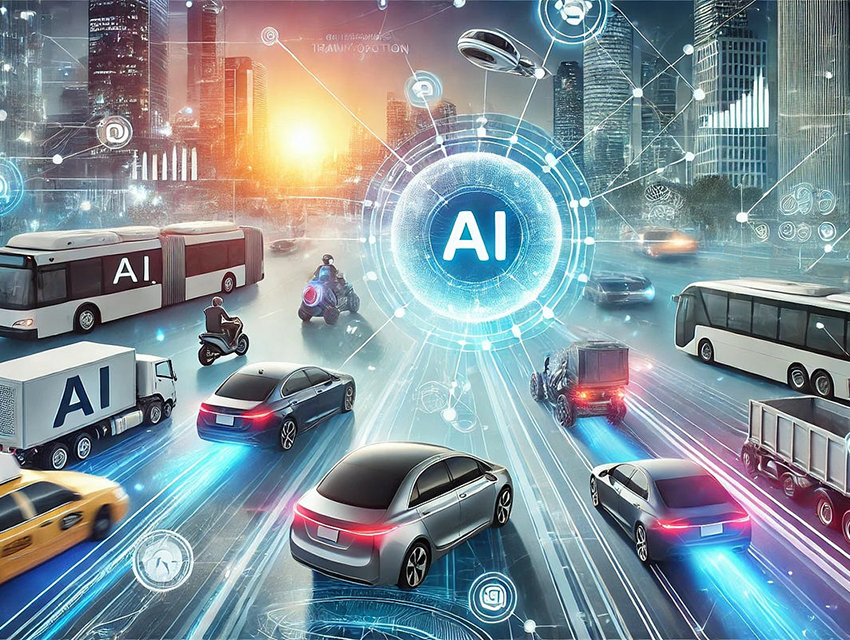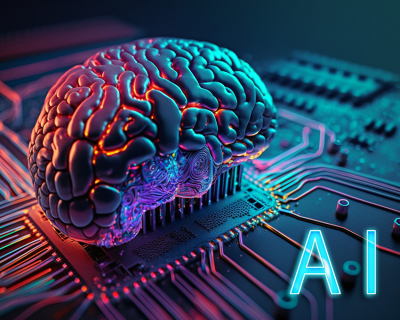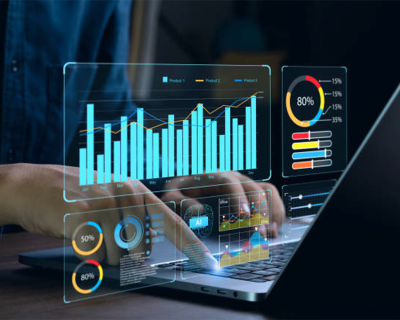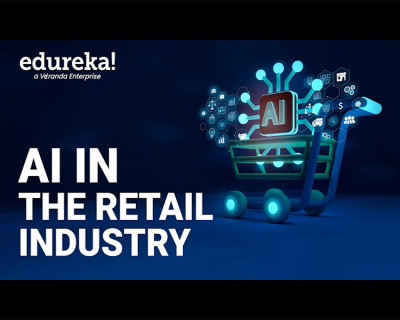
AI Transportation
AI is revolutionizing the transportation industry by improving efficiency, safety, and sustainability. Here are some key applications of AI in transportation:
1. Autonomous Vehicles (Self-Driving Cars)
AI-powered sensors, cameras, and machine learning enable cars to navigate without human intervention.
Companies like Tesla, Waymo, and Cruise are leading in autonomous vehicle technology.
Benefits include reduced accidents, optimized traffic flow, and increased mobility for disabled individuals.
2. Traffic Management & Smart Cities
AI analyzes real-time traffic data to optimize signal timings and reduce congestion.
Predictive analytics helps cities plan better road networks.
Example: Google Maps & Waze use AI to suggest faster routes.
3. Predictive Maintenance for Fleets
AI monitors vehicle health (trucks, trains, planes) to predict mechanical failures before they happen.
Reduces downtime and maintenance costs for logistics companies.
4. AI in Public Transportation
Smart scheduling and demand prediction for buses and trains.
AI chatbots assist passengers with real-time updates and ticket booking.
5. Drone Delivery & Logistics
Companies like Amazon and UPS are testing AI-powered drones for last-mile deliveries.
AI ensures safe navigation and efficient package handling.
6. Ride-Sharing & Mobility-as-a-Service (MaaS)
Platforms like Uber & Lyft use AI for dynamic pricing, route optimization, and driver-passenger matching.
AI helps reduce wait times and improve user experience.
7. Freight & Supply Chain Optimization
AI optimizes shipping routes, reducing fuel consumption and delivery times.
Predictive analytics helps manage inventory and warehouse operations.
Future Trends:
Hyperloop & AI-powered high-speed rail for ultra-fast travel.
Flying taxis with autonomous navigation.
AI-powered traffic enforcement to reduce violations.
Challenges:
Safety & regulatory concerns for self-driving cars.
Ethical decisions in AI-driven vehicles (e.g., accident scenarios).
Cybersecurity risks in connected transport systems.
AI is transforming transportation into a smarter, safer, and more efficient ecosystem. Would you like details on a specific area? ✈️🚗




